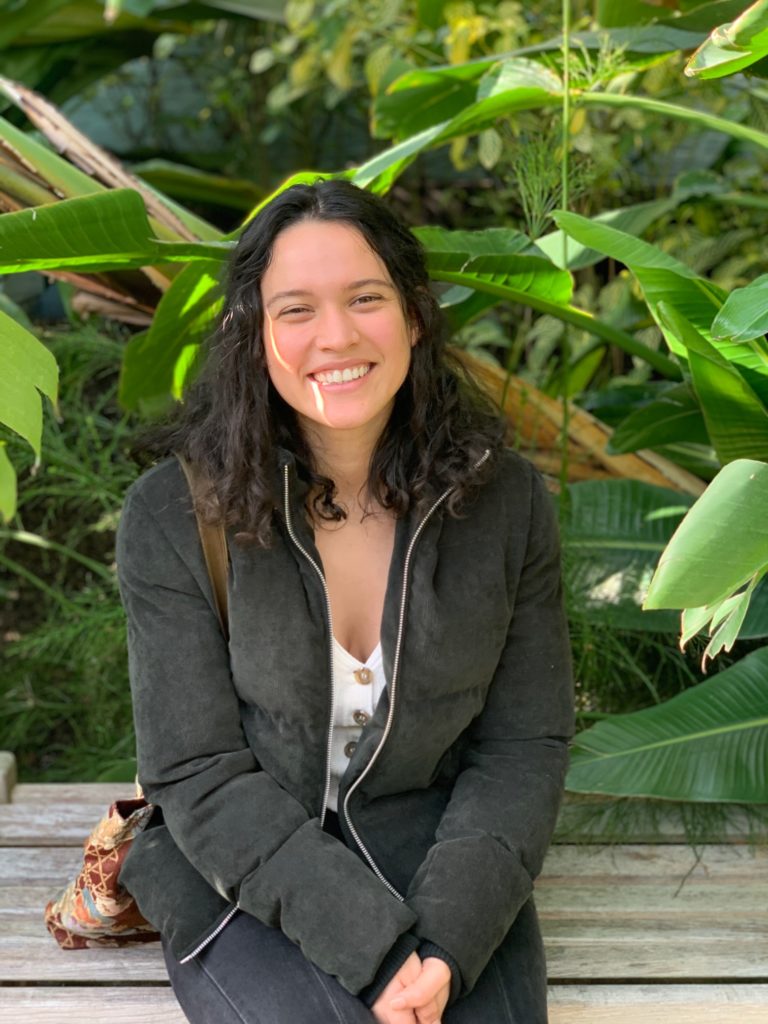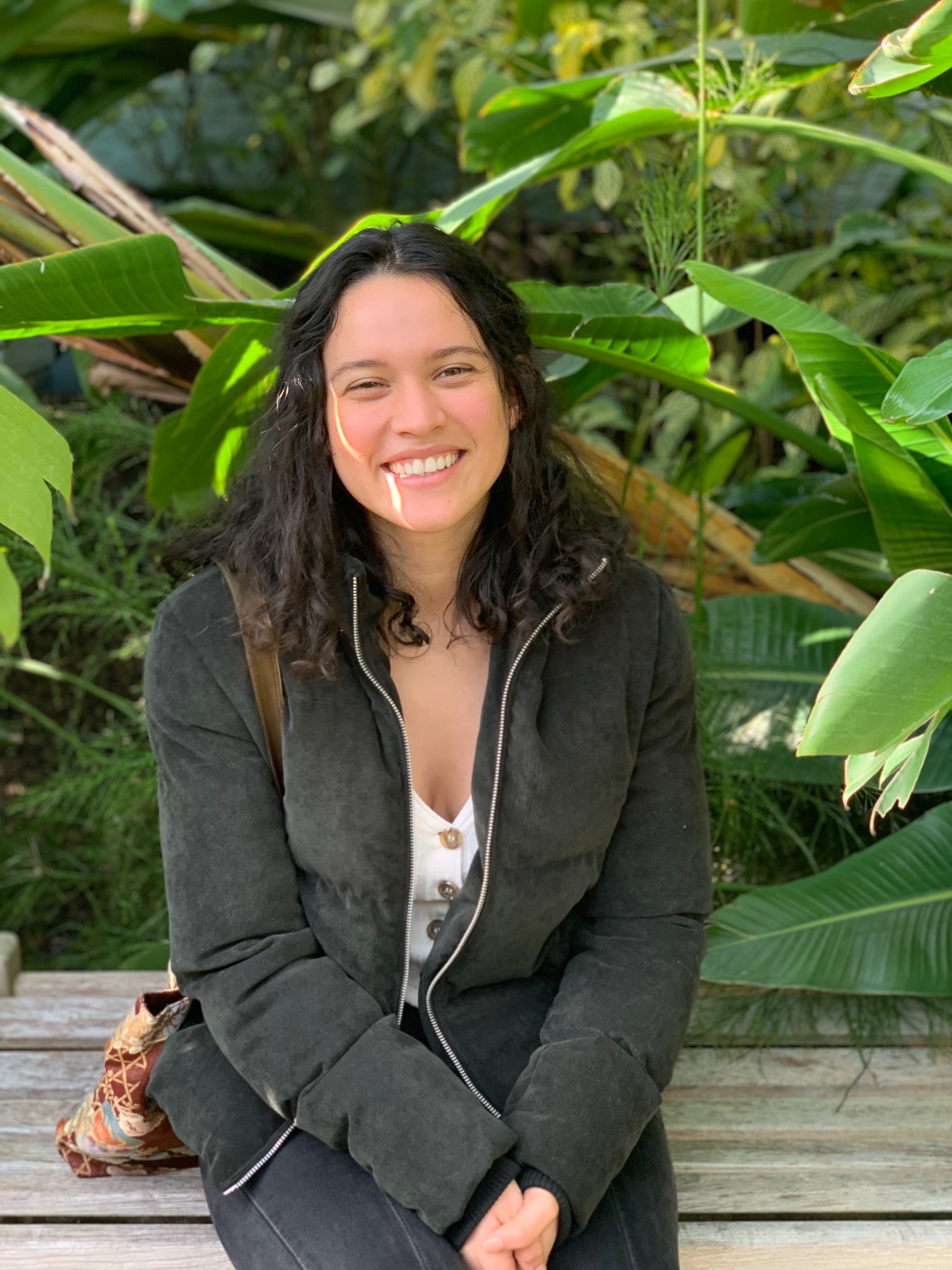
My name is Hasibe Caballero-Gomez. I’m originally from Los Angeles, California, and currently study at Haverford College. I am a Chemistry major and environmental science minor. This summer I worked for Professor Pepino to investigate policy solutions that could decrease childhood lead poisoning for at risk communities in Philadelphia, PA
This summer I explored various city’s lead policies, regulations, and budgets in order to identify policies that could be translated to Philadelphia and improve health outcomes for children. I interviewed various stakeholders and analyzed published policy recommendations to determine the policy solutions that were the most likely to be successful. In the end, my research explores community engagement policy and the ways pre-exisiting resources in target communities can be adjusted to decrease childhood lead poisoning for at risk populations.
Lead poisoning has been linked to decreases in academic achievement and IQ at levels as low as 5 ug/dL. Despite efforts from the Philadelphia Health Department to curtail systemic childhood lead poisoning, children continue to be identified with elevated blood lead levels (EBLLs) above the CDC reference level for diagnosis. This problem disproportionately affects low-income Black communities. At the moment remediation is costly, and with the current policies in place comprehensive remediation seems unrealistic.The solutions identified via my research create an interdependent model that offers increased community awareness and engagement with the issue that could potentially improve health and social outcomes for at-risk children.
I learned a lot about how to create questions and navigate interviews with various stakeholders in the field and community. Prior to this experience I have never had to engage as deeply with policy before, so I learned a lot about reading and analyzing policy. I also gained technical skills like learning to map data through R.
At risk communities highlighted with an X.
Interdependent model identified





